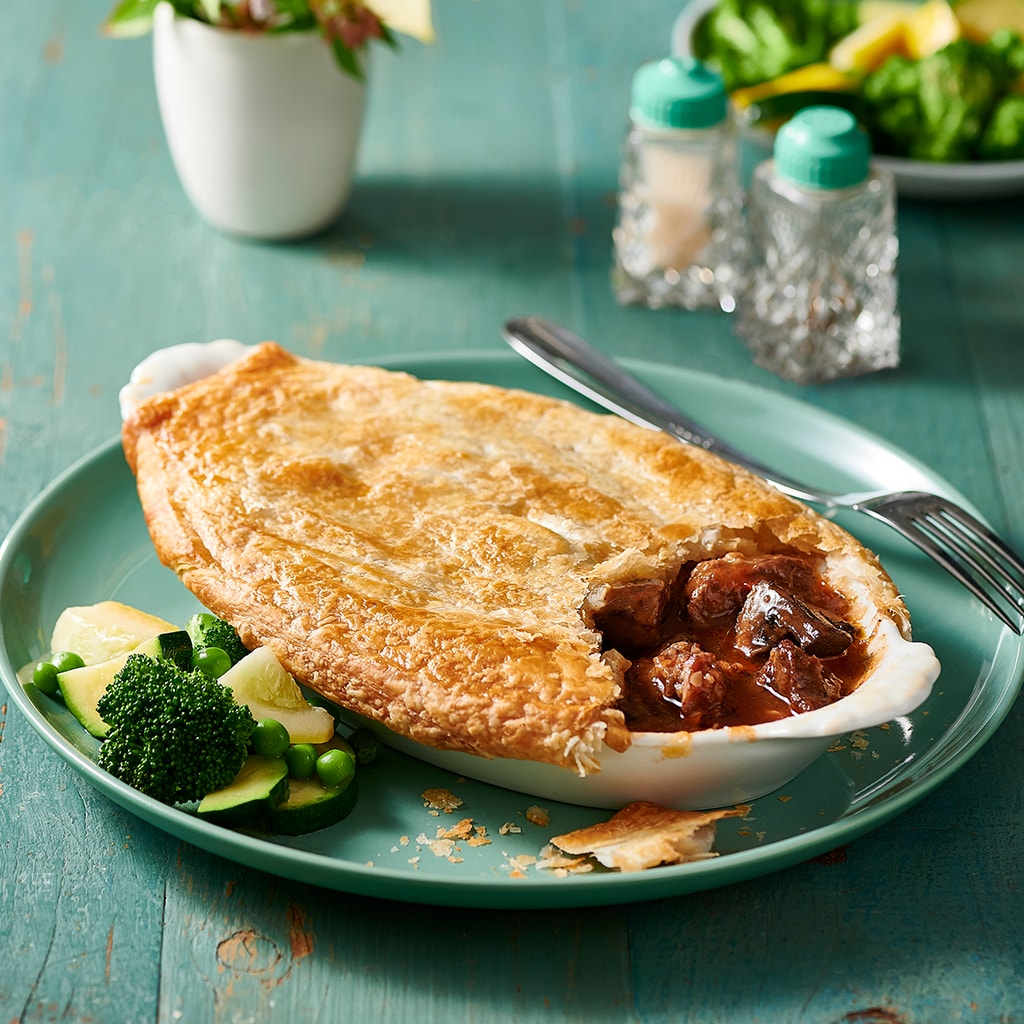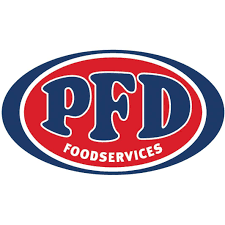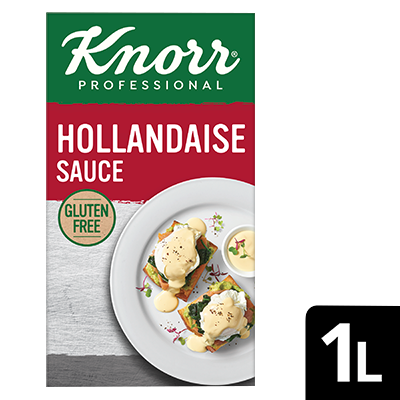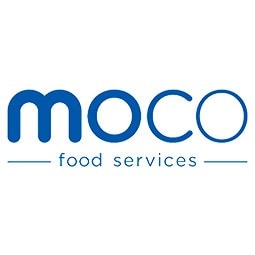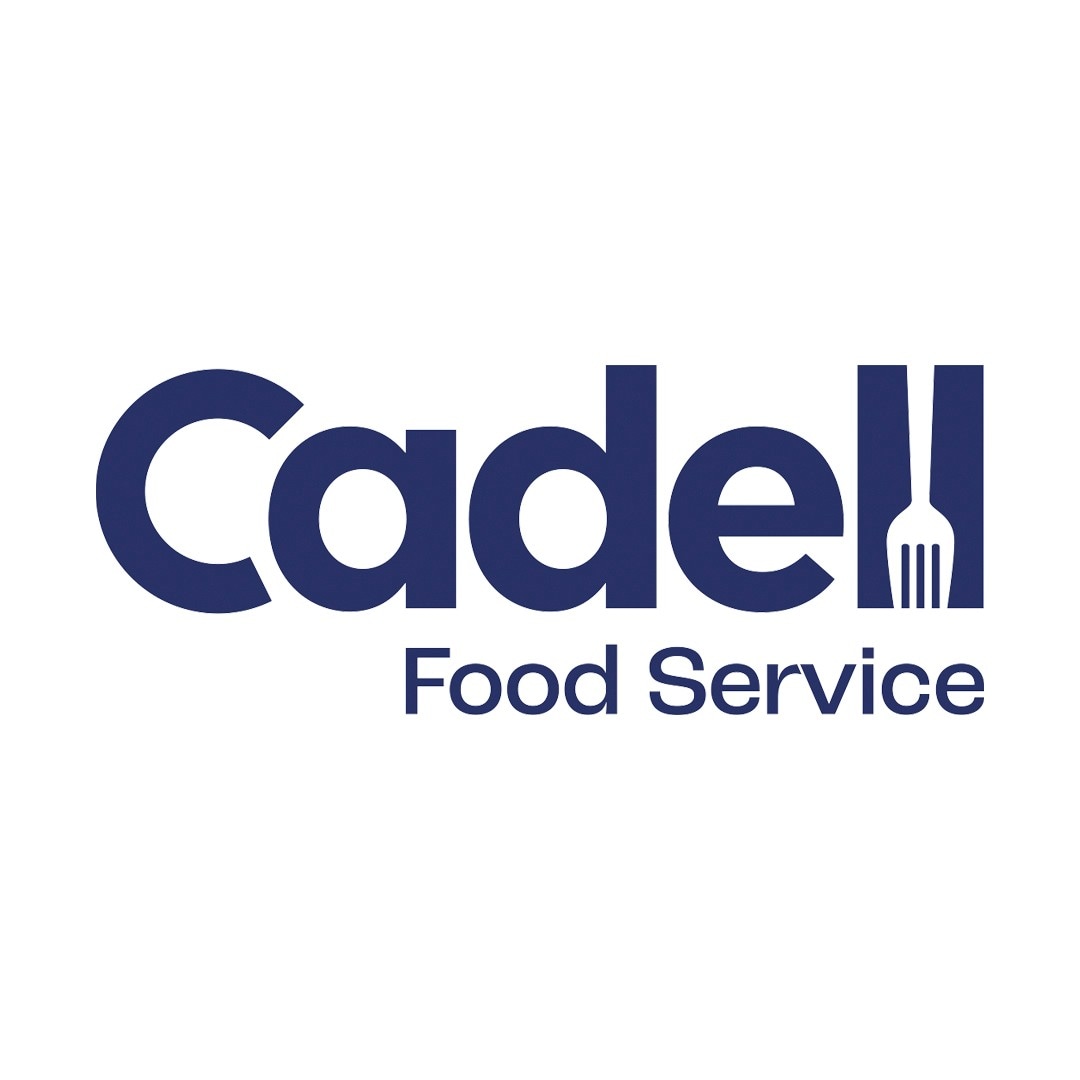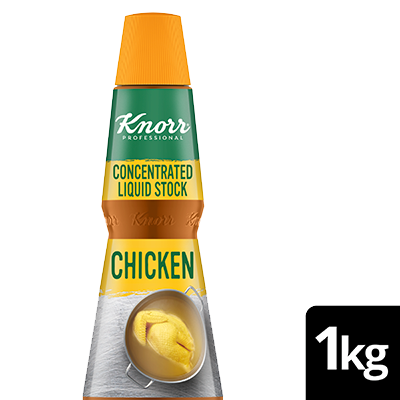Updated on Tuesday, 26th November 2024
Following the report of the Royal Commission into Aged Care Quality and Safety, the industry is still in the process of reforming the area of food and nutrition. This includes the correct preparation and service of texture-modified food to ensure its look, smell and taste best meets the need of residents.
We hosted an online panel discussion to identify the key issues with texture modification in aged care and brainstorm potential practical solutions that can be developed to help chefs overcome them.
With participants from several aged care organisations, the panel consisted of chefs, dietitians, texture modification experts, and aged care hospitality managers from Australia and New Zealand. The panel was moderated by co-chair of IDDSI, Julia Cichero.
The discussion highlighted the difficulty aged care kitchens have in accessing relevant information and the need for training to master the complexity of preparing and serving great quality texture-modified food.


There is a strong desire to offer consistent meal quality to all residents regardless of texture modification requirements. The panel expressed the need to ensure all residents felt part of the meal time experience and weren’t disadvantaged by their specific needs.
Mince and moist and bite-sized were flagged as the most challenging texture levels to get right.

What would help:
Recipes which are specific to one or more texture levels, with instructions for texture modification methods would be highly beneficial.
Mid-meals and snacks were another area identified as needing specific texture modified recipes and inspiration.

Another area chefs are looking for more support in is the use of thickeners for pureed texture levels. There currently isn’t an industry standard for thickeners and results are inconsistent.
Anecdotal evidence during the discussion suggested current commonly-used thickeners are often affected by temperature and humidity, rendering them unreliable. In some areas of Australia chefs are having to adjust their methods daily according to the weather!
What would help:
It would be ideal to have clear guidelines for different types of thickeners, how they perform under different environmental conditions for IDDSI, particularly Level 4, pureed.

The other part of the texture modification puzzle identified during the discussion was more to do with how resident needs are communicated.
With so many experts involved in a resident’s care-plan, the industry as a whole, lacks the tools for a transparent, overall care-plan, which tracks any updates and decisions as they are made.
The increased use of Telehealth during COVID was a blessing for many aged care organisations as multiple support providers, including family members, could attend the same appointment and adjust their care schedules, including menu plans, with all the information they needed. This also alleviated the issue of friends and family members not understanding what decisions were being made about their loved ones and why.
Ensuring everyone involved has a comprehensive understanding of the resident’s condition and care requirements was important to everyone on the panel.
The sharing of information was also raised in terms of casual staff who commonly have neither the time nor the training to understand an individual resident’s specific needs. This was flagged as a significant issue as clinicians and chefs recognised the risks involved in residents not receiving the correct texture levels at meal times, and not having appropriate meal time support. They cited inattentive support staff, rushed meal times and a lack of interaction between care staff and residents. Of course, insufficient staff to resident ratios are also understood to be a contributing factor.

What would help:
Increased education for specific areas of food in aged care, specifically in texture modification was a common thread throughout all aspect of the panel discussion and was extended to educating support staff, both full time and casual as well as cross-education of kitchen staff, clinical staff and specialists.
While some of these challenges are easier to solve than others, we at Unilever Food Solutions will continue to work with aged care chefs to find ways to support and inspire them to deliver the best meal experiences to their residents they possibly can.

Disclaimer: The content of this article is created for inspiration purposes only. It is not intended as clinical, medical or nutritional advice.
Top recipes
-
Cream of Chicken Soup with Turmeric, Ginger and Shallots -
Hearty Chicken Soup -
Tortellini soup -
Mango Chicken Tartlets -
Creamy Tuna and Tomato Vol au Vents -
Spinach, Feta and Tomato Quiches -
Pumpkin, Rosemary, Lemon Chicken Quiche -
Citrus Poached Chicken Finger Sandwiches -
Braised Beef Sandwich with Roasted Tomato Aioli -
Beef bourguignon pie -
Zucchini and Ricotta Fritter Sandwich -
Moroccan Lamb Tagine -
Tomato and Panko Crumb Pork Schnitzel -
Mediterranean Fish Stew
Related Products
Log in or Create an account to access:
- Get access to this content
- Discover the latest culinary trends
- Explore and save your favourite recipes
- Watch free video training courses for chefs










